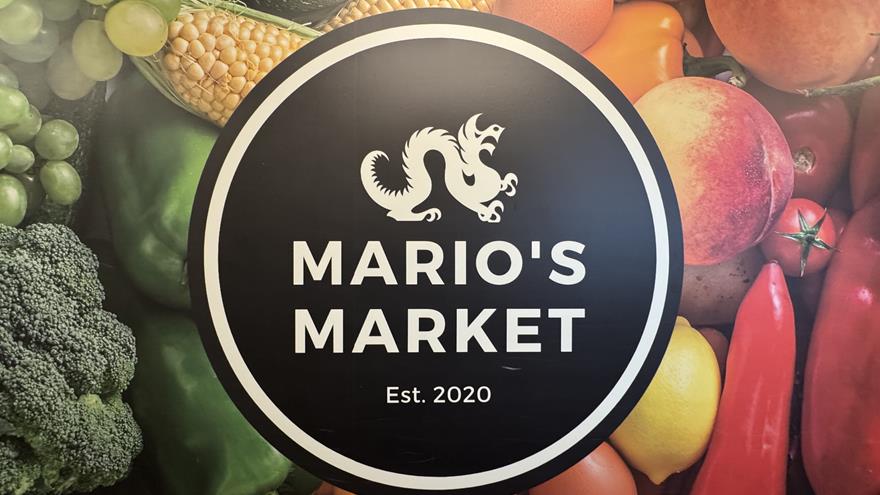Double Lives: Professor Finds Time, Energy To Compete in 140-Mile Triathlons

It’s a sweltering 105-degree day in Switzerland. The sun is beating, sweat is already dripping from your forehead, and it’s only 5 a.m. You’re at the starting line with thousands of other athletes. You get ready for your 2.4-mile swim in open water, and realize it’s too hot to wear a wetsuit, something you’ve been accustomed to while training. During your swim, your watch slips off your wrist and sinks quickly. With no sense of time, you swim to the dock, and hop on your bike. You’ve got 112 miles to go. Two flat tires later, you’ve made it. Almost.
Now, take off your helmet, chug some water and get ready to run. Only 26.2 miles left.
“Then you start running, and you think about a long-term goal,” says Marco Airaudo,
an economics professor at Drexel’s LeBow College of Business. It took him 11 hours to compete in his most recent IRONMAN this summer, his fifth since 2006.
Airaudo said competing in these long-distance triathlons has taught him to always be ready to face challenges. “There is never a smooth race,” he said. “There’s always something that goes wrong.”
Whether it’s on the IRONMAN course, in the field doing research or in the classroom teaching, he knows how to stay focused. “Training and competing has helped me build lots of mental strength, apart from physical,” he said. “I set a target in my work and I somehow earlier or later reach it.”
Training for an IRONMAN gets tough when you are a full-time professor and father of a 5-year-old, Airaudo admitted.
He stays in shape by biking to work, swimming during his lunch break and running home. “But never all three in one day,” Airaudo said.
“I don’t do many hours of training every day. I’m more about frequency now,” he added.
Although his wife and son have made it out to a few of his races, the long hours and weather can make for a cranky baby. But that’s OK, Airaudo said, because his father, a former marathon runner, usually accompanies him in his races. They take a few days off work, travel to a new city. It’s a father-and-son type of occasion, said Airaudo, a native from Italy. “A way to reunite with family a little bit.”
Airaudo first got into marathon running when he was getting his PhD from the University of Pennsylvania. He never was too fond of running before that—he got into it because of convenience, he said.
“Toward the end of my PhD, a friend signed me up for the New York triathlon as a surprise,” Airaudo said.
And a surprise it was—he had about two months to prepare, and didn’t even own a bike.
“I suffered,” Airaudo said. “Even though it was a short distance, it was tough because I never did it before and it was a new experience. I remember coming off the bike, which I rented for the race, and cramping when I began running.”
But at the same time, he loved it, he said. “I was so relieved when I got to the finish line,” Airaudo said. “It was a huge accomplishment, and I really loved the atmosphere.”
That was a little more than a decade ago. Ever since, he’s been running marathons to train for IRONMAN competitions in Switzerland, France and Germany.
“At the end of the day, I just wish for these long-distance events,” Airaudo said. “I never do short distance anymore—mainly because I’m getting older. The short ones are for the young, fast athletes. The long ones are for people like me. When you have more stamina, you’re more focused, more experienced and you have more patience.”
Airaudo’s long-term goal is to compete in the annual Ironman World Championship in Kailua-Kona, Hawaii, he said.
“I’ll keep doing IRONMANs as long as my body can keep up with it,” Airaudo, 40, said. “It makes me feel younger.”
In This Article
Drexel News is produced by
University Marketing and Communications.
